Optimal Timing for Waterproofing Projects
Proper timing is essential for effective waterproofing. The optimal periods are typically during dry seasons when weather conditions are predictable and moisture levels are low. This ensures that sealants and membranes adhere properly and cure effectively, providing long-lasting protection.
Scheduling waterproofing projects during favorable weather minimizes risks of water intrusion during installation. In regions with distinct seasons, late spring and early fall often offer ideal conditions. Avoiding wet or freezing conditions helps ensure the durability and effectiveness of waterproofing systems.
Spring offers moderate temperatures and less rain, making it suitable for waterproofing projects before the heavy summer rains.
Summer can be ideal in warmer climates but requires monitoring for high humidity and rainstorms that can hinder curing processes.
Fall provides cooler, stable weather, ideal for preparing structures before winter.
Winter is generally less suitable due to freezing temperatures and snow, which can compromise waterproofing materials.
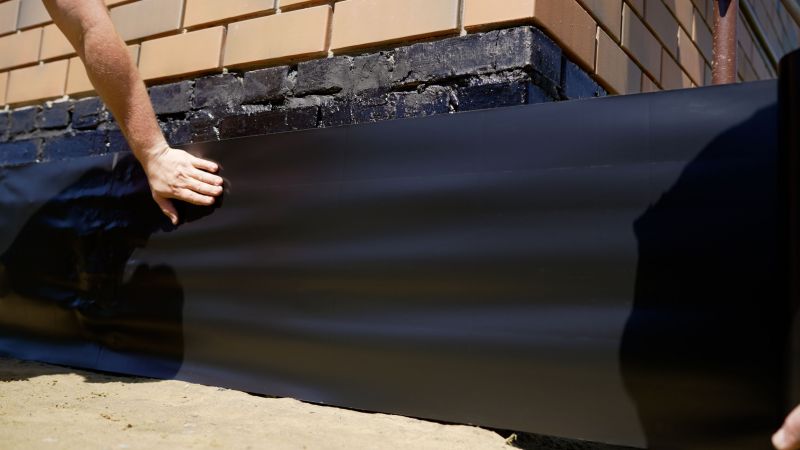
A professional applying waterproof membrane on a building exterior during spring.
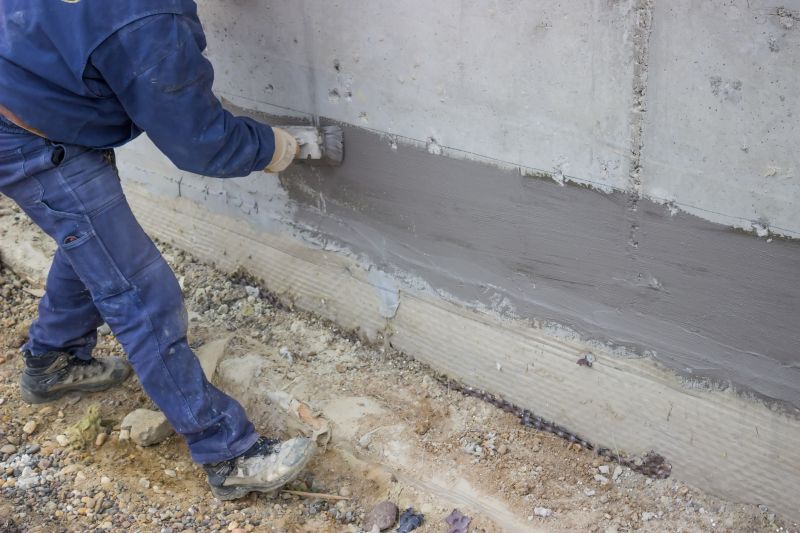
Workers sealing a foundation to prevent water ingress during summer rainfalls.
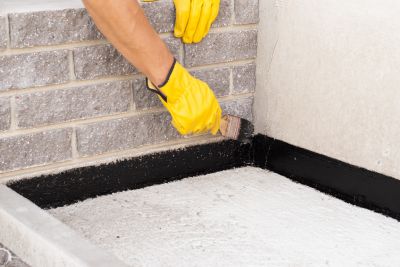
Inspecting and sealing surfaces in preparation for upcoming winter weather.
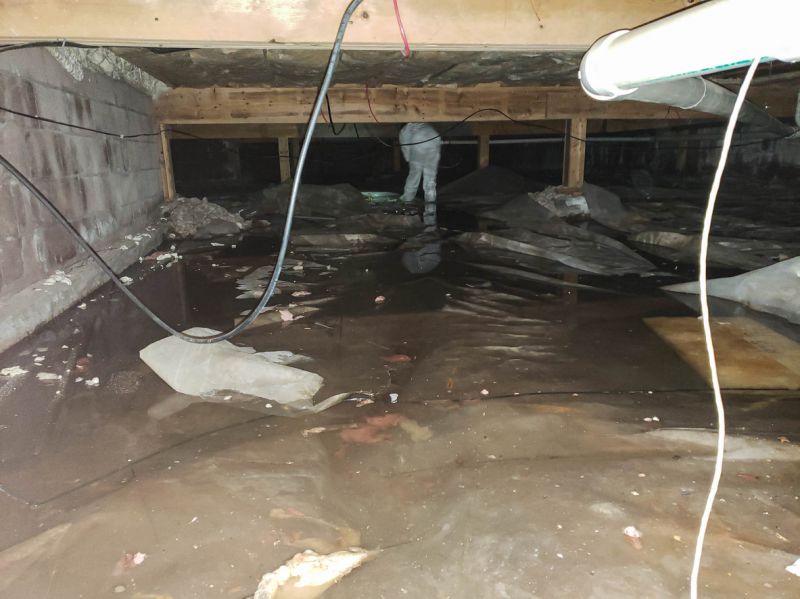
Ways to make Waterproofings work in tight or awkward layouts.
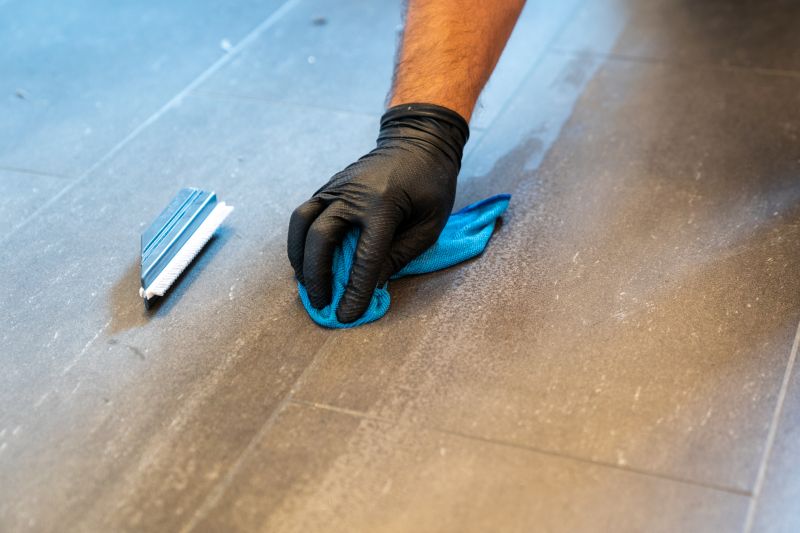
Popular materials for Waterproofings and why they hold up over time.
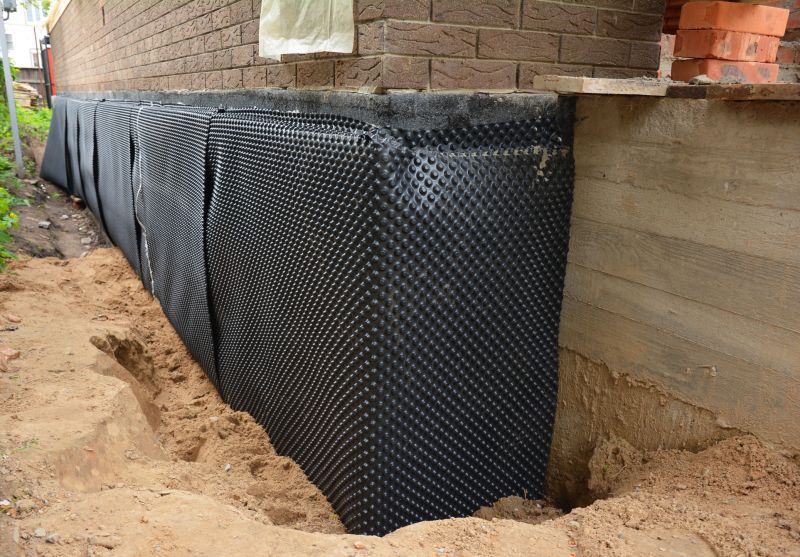
Simple add-ons that improve Waterproofings without blowing the budget.
| Season | Ideal Conditions |
|---|---|
| Spring | Moderate temperatures, low rainfall, good curing conditions. |
| Summer | Warm weather, but watch for high humidity and storms. |
| Fall | Cool, stable weather, suitable for pre-winter waterproofing. |
| Winter | Cold temperatures and snow make waterproofing impractical. |
Waterproofings are essential for protecting structures from water damage, which can lead to structural issues, mold growth, and interior damage. Proper application and timing enhance the longevity of waterproofing systems, ensuring they perform effectively over time. Advances in waterproofing technology include flexible membranes, liquid coatings, and vapor barriers, each suited to different applications and conditions.
Statistics show that waterproofing can extend the lifespan of buildings by preventing water-related deterioration. Properly timed waterproofing projects can reduce repair costs and improve building performance. Regular maintenance and inspections are recommended to maintain waterproofing integrity, especially after severe weather events.
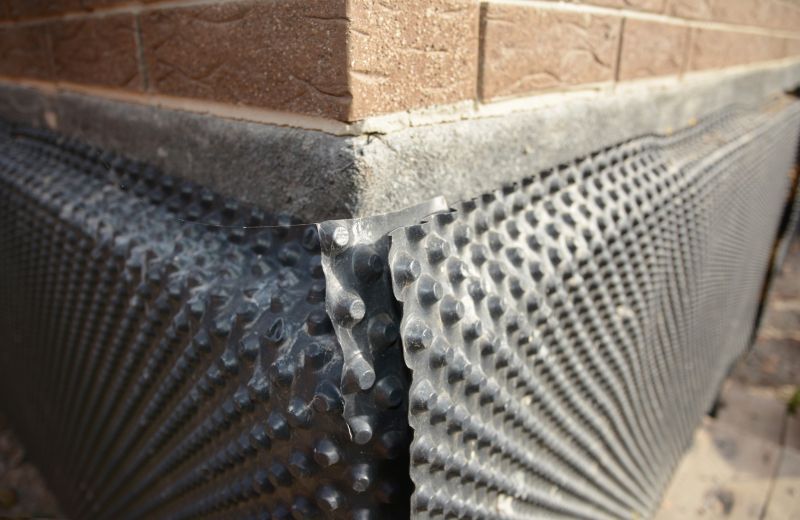
Detail of a waterproof membrane applied on a foundation wall.
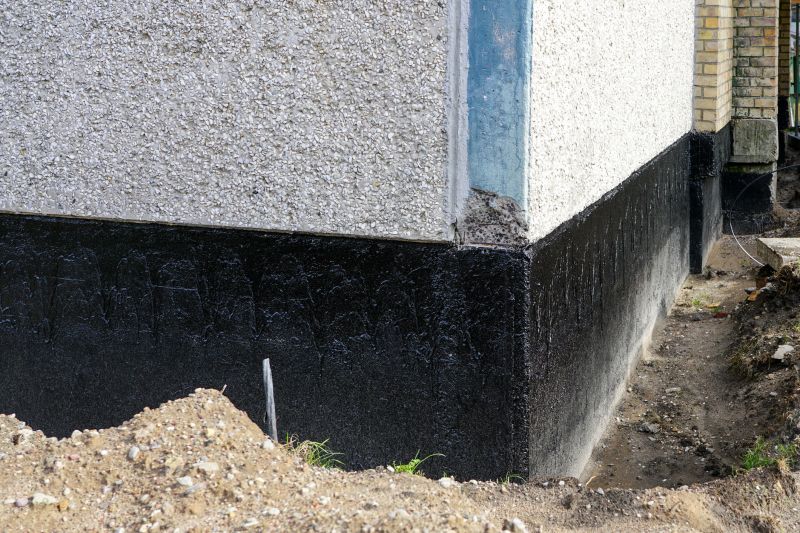
Application of liquid waterproof coating on a basement floor.
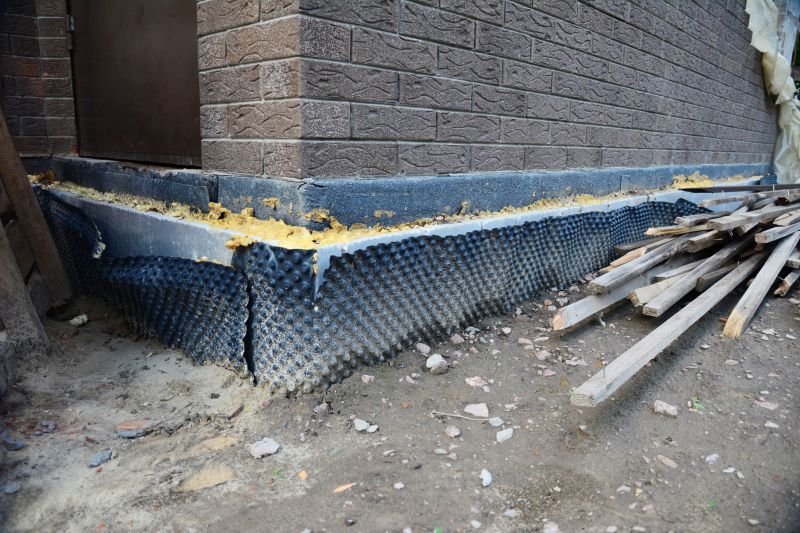
A building exterior with fully installed waterproofing layers.
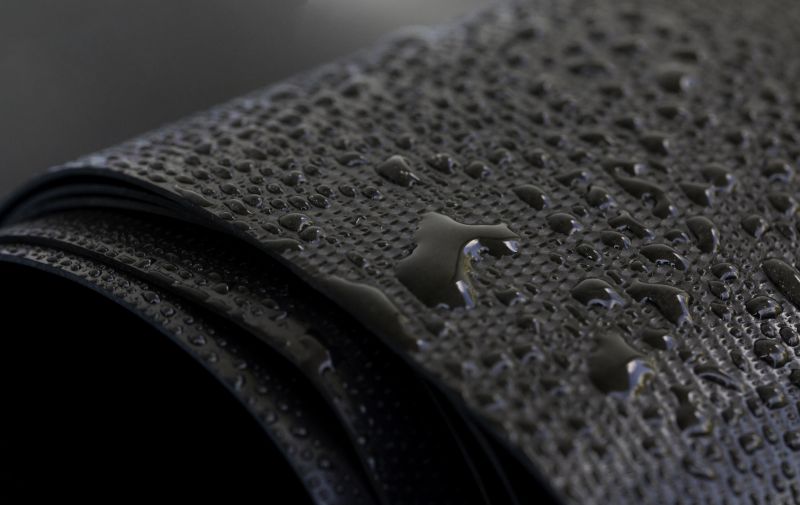
Various materials used in waterproofing applications.
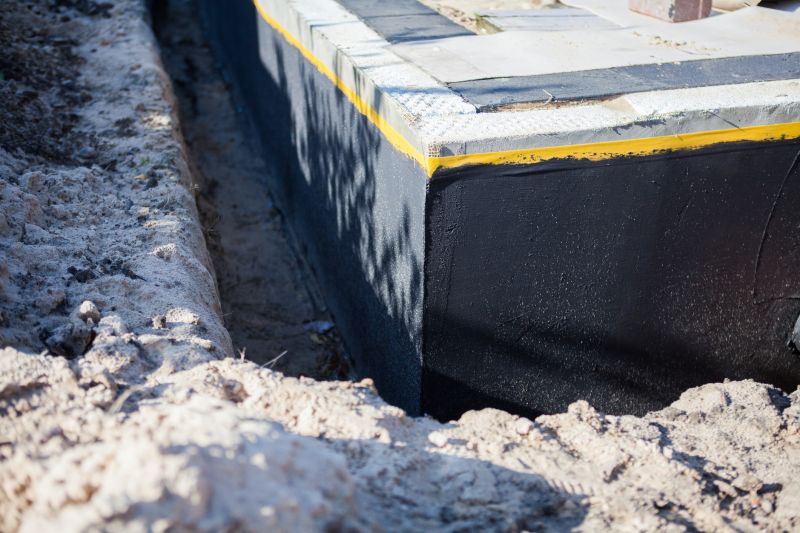
High-end options that actually feel worth it for Waterproofings.

Finishes and colors that play nicely with Waterproofings.
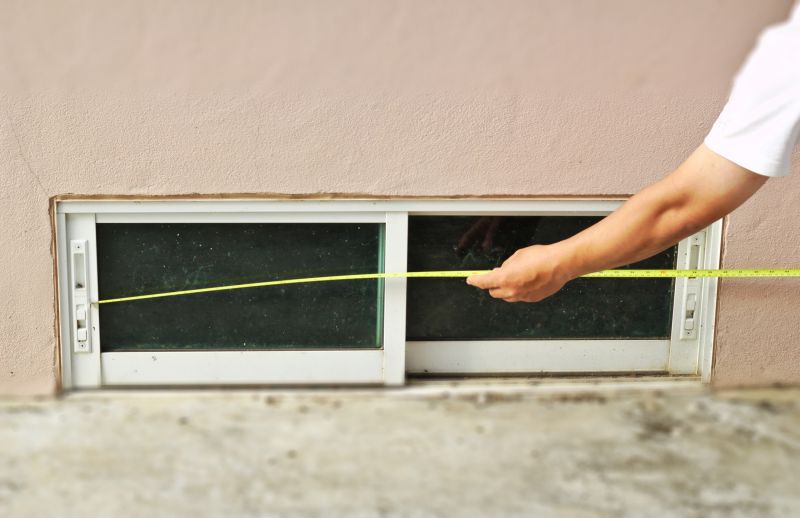
Little measurements that prevent headaches on Waterproofings day.
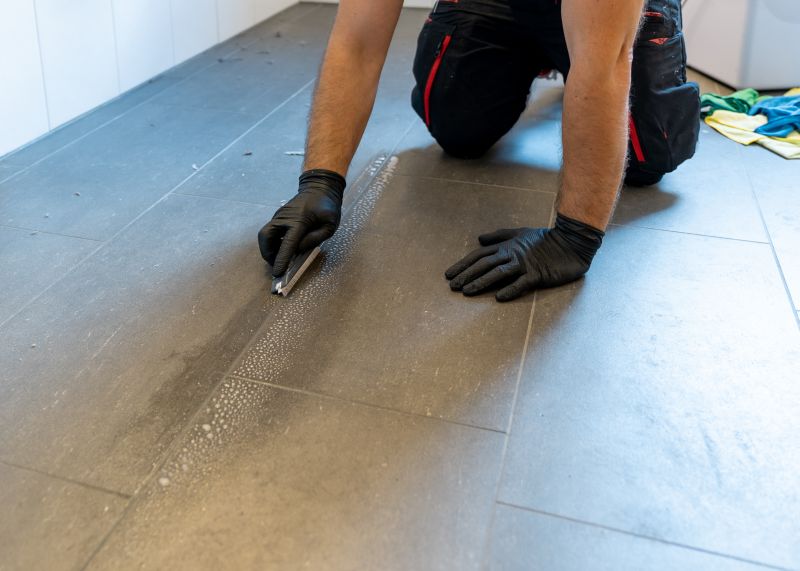
A 60-second routine that keeps Waterproofings looking new.
Interested in waterproofing services? Contact for more information or to schedule an assessment. Proper timing and application can significantly enhance the durability and protection of structures against water damage.

